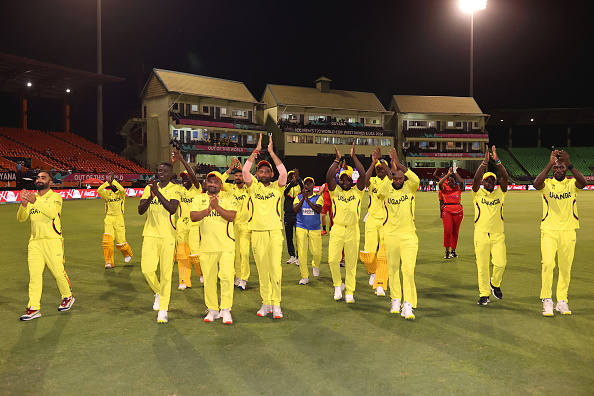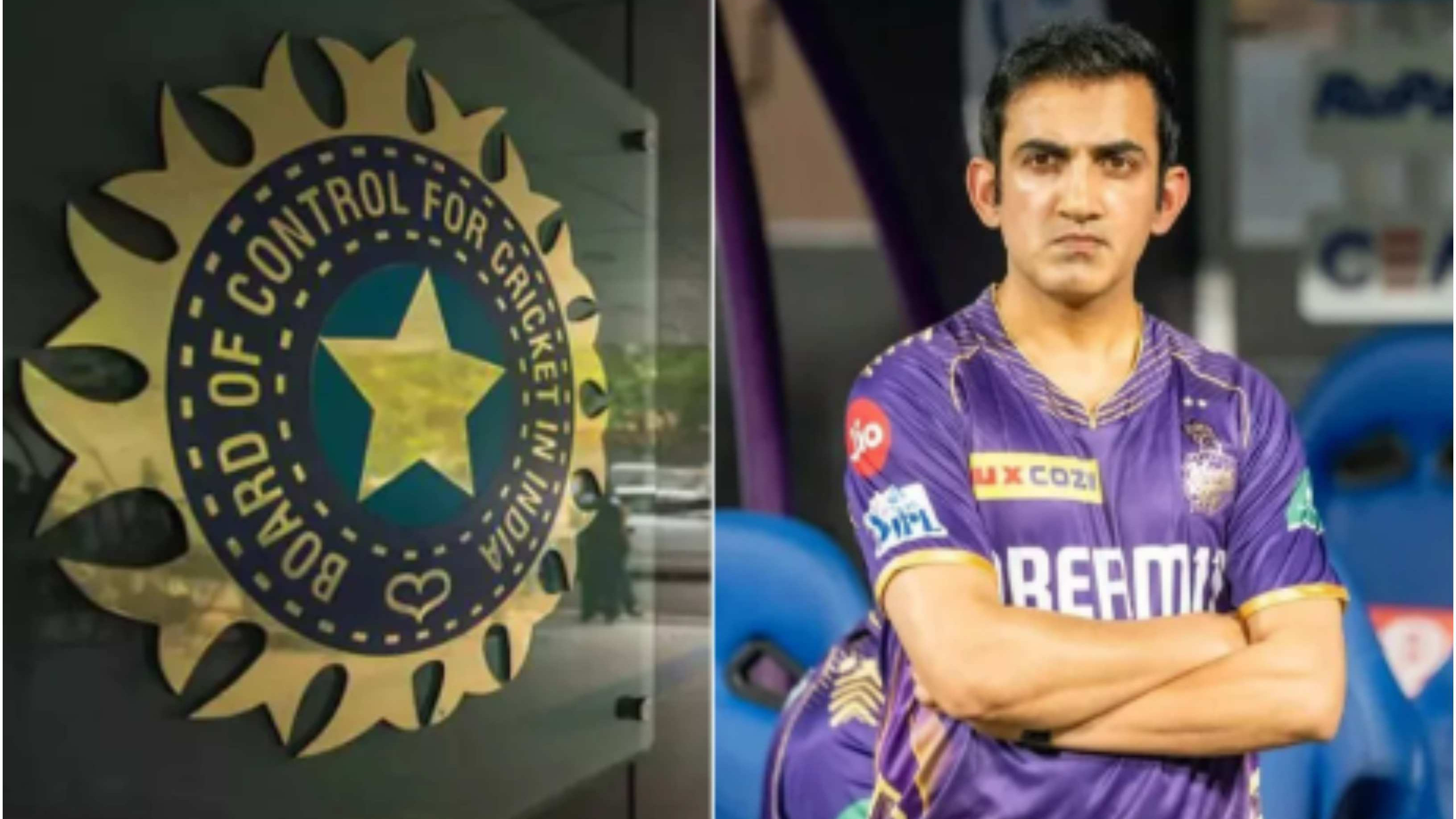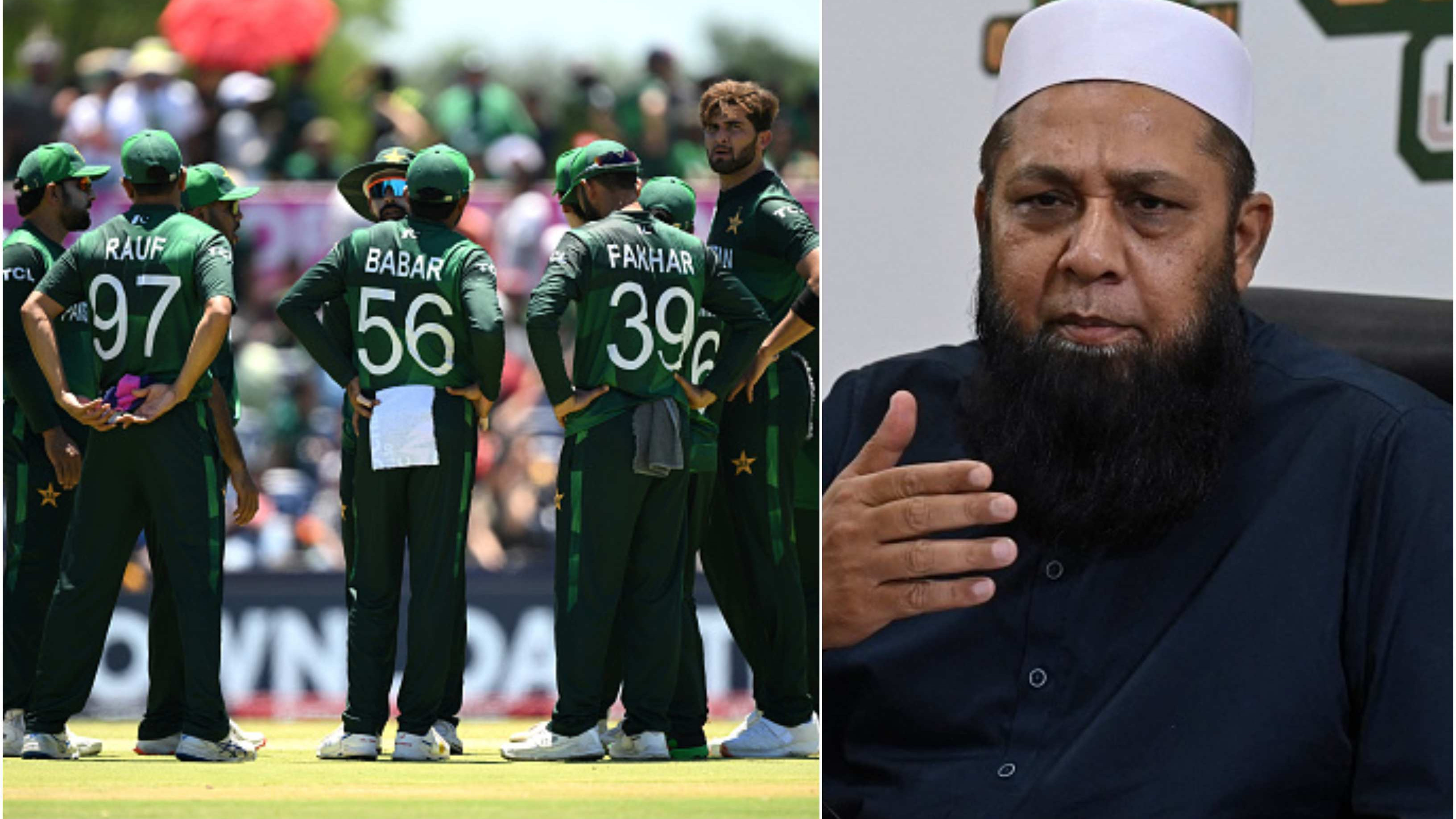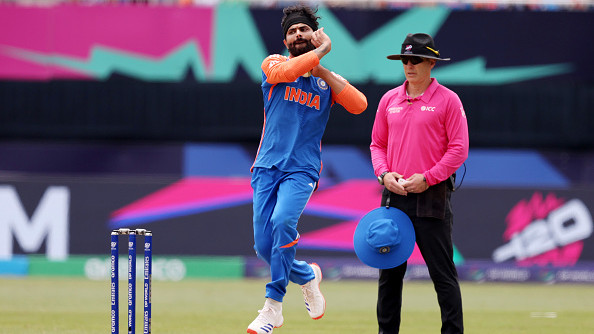
Dealing with corruption remains one of the biggest challenges for the game’s administrators. However, one potential approach from a former Kenya international to a Uganda player in the ongoing T20 World Cup was dealt swiftly by ICC’s anti-corruption unit.
According to news agency PTI, it all happened during the league stage matches in Guyana where a former Kenya pacer attempted to get in touch with a Ugandan team member multiple times from different numbers.
Following ICC’s strict anti-corruption protocol, the Ugandan cricketer reported the approach to the ACU officials on site.
In the wake of this development, the ACU officials warned the associate teams against potential corrupt approach from the former Kenya player.
“It is not a surprise that this person targeted a player from the Ugandan national team. Associate nations, as compared to the big teams, are soft targets for corruption but in this case the player who was approached did the needful by informing the ICC at the earliest,” a source told PTI.
Notably, it is considered an offence to not report a corrupt approach under the ICC’s anti-corruption code. The other offences include spot and match-fixing, betting on the game, misuse of inside information and failing to co-operate with a probe.
Part of Group C in the T20 World Cup 2024, Uganda lost to Afghanistan, New Zealand and West Indies but finished their campaign with a memorable win over Papua New Guinea.
“Players are approached all the time, more so from smaller nations. In bigger events like T20 World Cup, there is more scrutiny and if an approach is conveyed to the ICC ACU, then due protocol is followed and a proper investigation is conducted,” said another source.
With effect from June 1, the ICC amended its anti-corruption code to allow the apex body and its member boards to “to proactively and thoroughly investigate incidents of corruption in the ongoing effort to protect the integrity of the game.”
“The anti-corruption code covers all cricket (whether international or domestic) played under the auspices of the ICC and its Members and applies to all Participants; player, coach, trainer, manager, selector, team owner or official, doctor, physiotherapist, match referee, pitch curator, player agent, umpires, as well as ICC and NCF Officials.
“The maximum possible sanction for the most serious breaches of the Anti-Corruption Code is a life ban from all involvement in the game. In some countries, there is also the possibility of criminal sanctions,” reads an extract from ICC anti-corruption code for participants.
Every now and then, the international players are educated about a potential threat and they are well-versed with the anti-corruption code.
Corrupt approaches in showpiece tournaments are not something new. Canada wicket-keeper Hamza Tariq was approached by alleged bookmakers during the 2011 World Cup in India and he had duly reported the matter to the authorities.
(With PTI Inputs)









